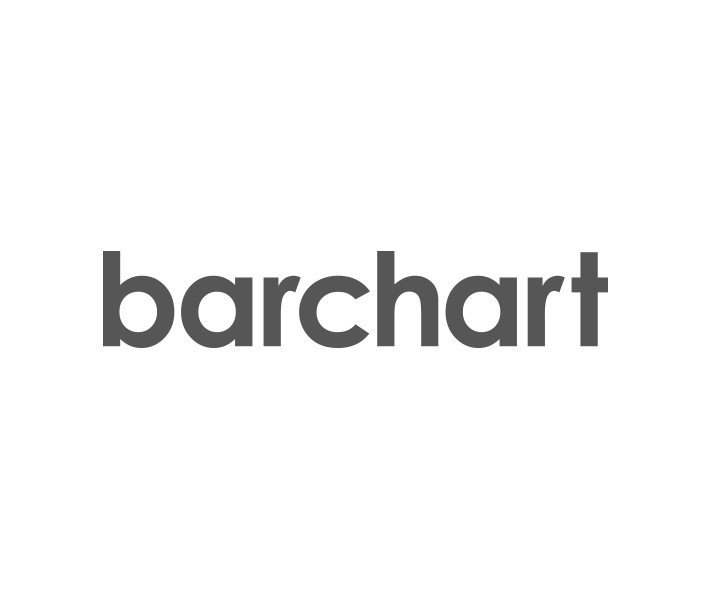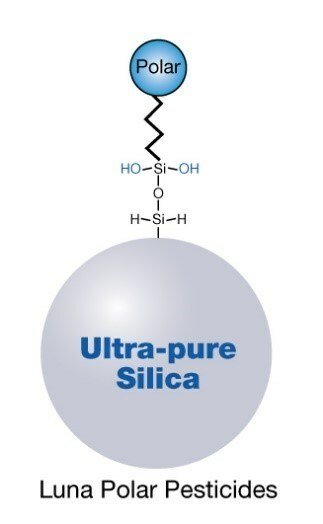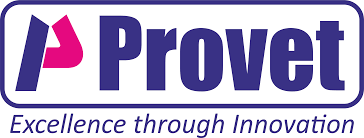Bühler India will begin producing a wider variety of core product portfolios for the grain milling, food, feed, and advanced materials industries
Swiss technology group Bühler celebrates the 30th anniversary of establishing its business in India and announces the expansion of its manufacturing capabilities in the country. In the coming months, Bühler India will begin producing a wider variety of core product portfolios for the grain milling, food, feed, and advanced materials industries, addressing the demands of a flourishing domestic market and customers abroad.
The decision to expand investments in the country is another milestone in Bühler Group’s long and fruitful relationship with India. It is a journey that started 30 years ago when Bühler India was founded in Bengaluru in the presence of the then-Swiss Ambassador to India and Bühler’s then-CFO, Philipp Müller. Over this time, Bühler India has become one of Bühler Group’s leading global technology centres with manufacturing infrastructure, research and development teams, application centres and training facilities. Bühler India, which employs 600 people today, manufactures high-quality grain and food processing equipment for customers across the country and abroad. In future, it will further expand its core product portfolio for the feed and advanced materials industries. Bühler India’s business has been growing by more than 10 per cent over the past three years.
In August 2022, Bühler India took a major step in expanding its local production by manufacturing Sortex colour sorters. This move enables the grains and food industries in the country to have easy access to this key technology, which contributes to food quality and safety. The company also provides retrofitting and refurbishing services for existing Sortex machines.
Bühler is taking its business in India to the next level by expanding the range of products it manufactures to include equipment for the country’s growing milling industry. The company has already started the production of its Square Plansifter Areniter MPAV, a key component in the flour production process that sifts and sorts grist and flour in wheat, rye, maize, and durum mills. Other core machines such as purifiers and roller mills are also in the pipeline and scheduled to be available to customers in 2024. Bühler India will continue to expand its core product portfolios going forward to include the feed and advanced materials industries.
With this plan, Bühler India aims to strengthen its position as a leading provider of state-of-the-art solutions for the grain milling industry. Currently, Bühler India’s 32,000 square meter premises in Bengaluru comprise the company’s headquarters, a manufacturing hub, and an Application & Training Center (ATC) which covers multiple industrial applications. The ATC provides a platform for customers to conduct product and equipment trials, optimise processes, and conduct training across all operational levels – for mill proprietors, managers, and operators.
“With these new solutions produced in India, customers will benefit in multiple ways: shorter delivery times, increased supply chain efficiency, and an improved CO2e footprint for their equipment,” says Johannes Wick, CEO of Grains & Food at Bühler Group.
Prashant Gokhale, Managing Director, Bühler India, says: “We are celebrating the 30th anniversary of Bühler India with a strong business case. We plan to invest about CHF 21 million (INR 200 crores) over the next 2 to 3 years to support the success of our customers in the region and overseas. It will accelerate new business opportunities and create new jobs, while contributing solutions to address global challenges such as food security and food safety. This investment is not only about growth; it is about combining Bühler’s state-of-the-art technologies with local expertise to offer the most sustainable processes and solutions to our customers.”
Bühler India will begin producing a wider











